- My journey into flight sims
- Around Japan in Microsoft Flight Simulator in 317 days
- Microsoft Flight Simulator 2024 — first impressions
My latest rediscovery has been the flight sim genre. In the early 1990s I grew up on Microprose and Origin titles, such as Gunship 2000 and Chris Roberts’ Strike Commander (at the same time that I played lots of space sims, such as the Wing Commander series). Late last year I began to drift back into the hobby, and it has been a rewarding experience.
I’ve divided this post into two parts. In the first part I share my adventure to date, across civilian and military sims. In the second part, I summarise what I’ve learned in a FAQ for anyone else wanting to get into the hobby.
The adventure so far
I can divide my time with flight sims into three phases:
- Phase 1. Seeing the world from my desk with Microsoft Flight Simulator;
- Phase 2. Testing the waters in War Thunder; and
- Phase 3. Learning modern military aircraft with a HOTAS & DCS World.
Phase 1. Seeing the world from my desk with Microsoft Flight Simulator
My journey began last October, with the latest edition of Flight Simulator. Flight Simulator is an ideal gateway into the hobby: it’s beautiful, accessible, and affordable. It’s available via a Game Pass subscription; controls well with a gamepad; and includes a good tutorial and numerous toggle-able realism options. Flying small aircraft is easy and pleasant: it’s hard to mess up in training aircraft such as the Cessna 152 and 172, and aerobatic designs such as JMB Aviation’s VL-3 can dance across the sky. (Airliners are harder, although a recent patch just added two airliner tutorials, which I haven’t tried yet.)
For me, Flight Simulator also worked as a gateway into military flight sims. Knowing how to fly a plane is transferable — I think my proudest sim moment to date is landing a damaged fighter in War Thunder using what I learned in Flight Simulator.
As to where I’ve been in Flight Simulator, it’s already a long list. I’ve explored regional Australia, followed the roads and parks near my house, flown above world cities from Paris to Kuala Lumpur, and seen the sights from the Hoover Dam to Hawaii. My current project is a hop-by-hop tour of Japan, inspired by this post on the Stormbirds blog. Starting at the southern tip of Kyushu, I’ve flown to the northern tip of the island, then to western Honshu, and across to northern Shikoku. Here are my snaps of Itsukushima Shrine:
Phase 2: Testing the waters in War Thunder
After Flight Simulator, I gave War Thunder a try. What I found was a really, really good game held back by its F2P revenue model.
War Thunder offers three air battle modes of increasing realism: Arcade, Realistic, and Simulator Battles. I had plenty of fun with Arcade mode, which offered instant action, cinematic set-pieces such as canyon runs and frantic furballs, and a smooth sense of flow: respawns were quick and I typically waited <20 seconds between battles.
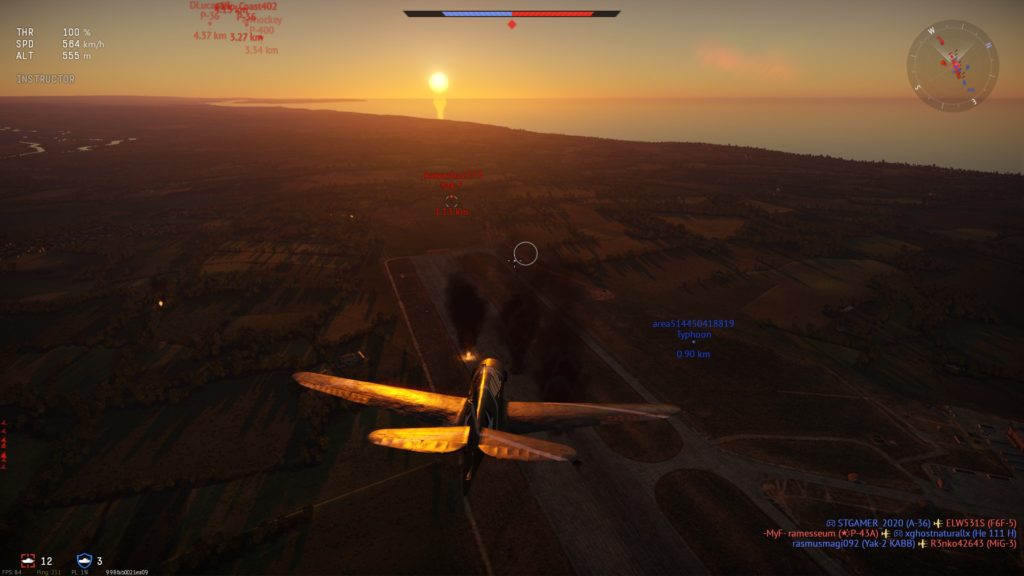
Meanwhile, WT’s Simulator mode let me dip my toes into the water to see if I’d enjoy realistic military flight sims. While it was much harder than Arcade mode — even staying straight and level was a challenge — I found it intriguing, and I wanted to learn more.
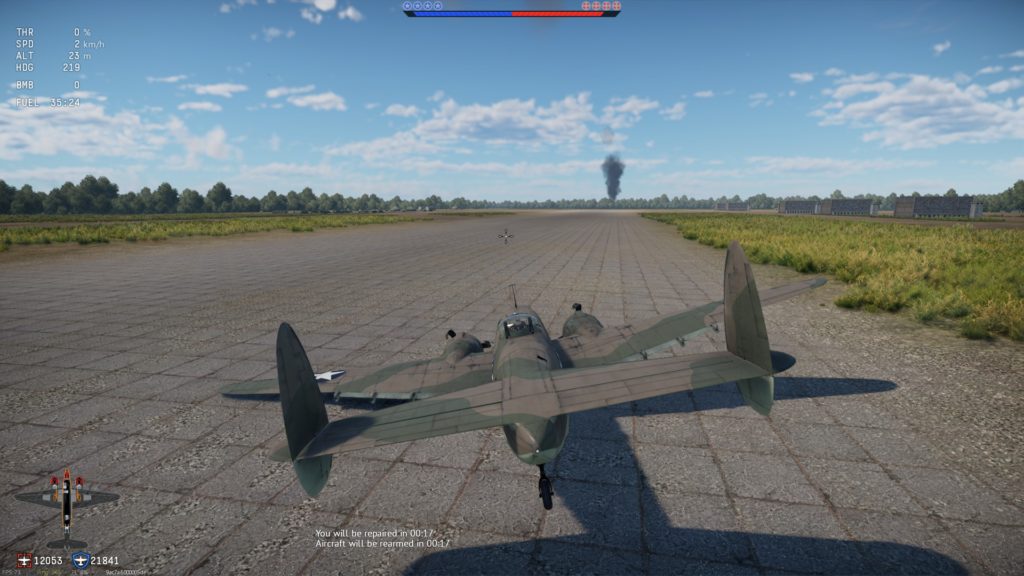
The issue is that while the game itself tries to nurture a sense of flow, the F2P mechanics break it up. Repairing damaged aircraft requires a lengthy cooldown between battles — but oh, if you have in-game currency, you can skip it. Unlocking new aircraft through research takes quite a bit of time once you get past the early-game 1930s aircraft — and then they need to be bought using in-game currency. I thought seriously of paying for premium time or aircraft (which speed up the rates at which research and currency accumulate), but in the end decided to spend my money on other sims.
Lest I frighten you off, I should say that I enjoyed my time with WT and I think it would be an excellent first step into the world of military flight sims. While I’ve moved on from the game for now, I’m grateful for the fun that it gave me; for the variety of aircraft that it showcased; and for letting me test my hypothesis that I was interested in sims — all for free.
Phase 3: Learning modern military aircraft with a HOTAS & DCS World
The third phase began during the Christmas and New Year sale periods, when I picked up:
- One space sim, Star Wars: Squadrons.
- One WW2 sim, IL-2: Battle of Stalingrad and the Battle of Bodenplatte module.
- Two modern-day military sims:
- DCS World — first a free trial, then a paid module.
- Falcon 4.0 and the Falcon BMS overhaul mod.
- And crucially, hardware: I was fortunate enough to find a great post-Christmas deal on my first HOTAS, the Logitech X-52. While Flight Simulator and Star Wars: Squadrons control well enough with a gamepad, and War Thunder’s arcade mode was designed around mouse control, the HOTAS was the key that unlocked realistic military sims for me.
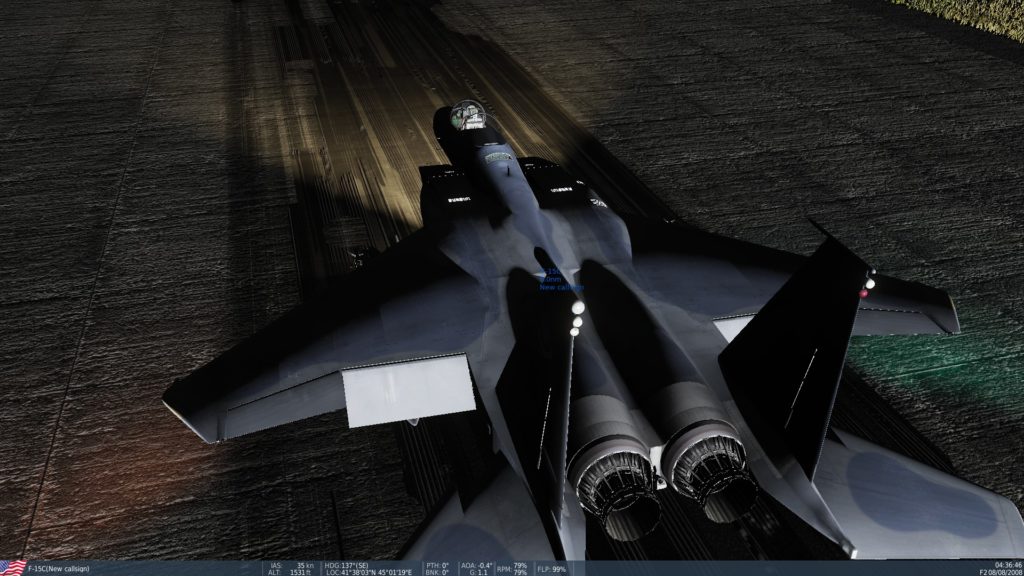
Out of the military sims, the one I’ve played the most of is DCS World. DCS offers a sandpit where players can fly instant action missions, play official campaigns, design their own missions and campaigns, and fly missions or campaigns designed by other players. It is modular in that different aircraft, maps, and campaigns are sold separately — out of the box it includes a Caucasus map and two free aircraft (the Su-25T and an unarmed trainer version of the P-51). Other maps and aircraft modules are available for purchase, although even on sale, one typically costs as much as an entire game.
My DCS journey really began when the HOTAS arrived. During DCS’ free trial period over Christmas, I tried and loved the F/A-18 Hornet, and eventually bought the much cheaper F-15C module together with a campaign, “The Georgian War”. While the F-15 lacks an in-game tutorial, I’ve been able to learn using several fan-made resources (refer bottom of this post for the list). Now I can take off, fly around, (sometimes) land, and intercept targets, such as cargo planes and helicopters, that don’t shoot back. Challenging other fighters tends to end with me floating back down to earth in a parachute — but oh well, practice makes perfect!
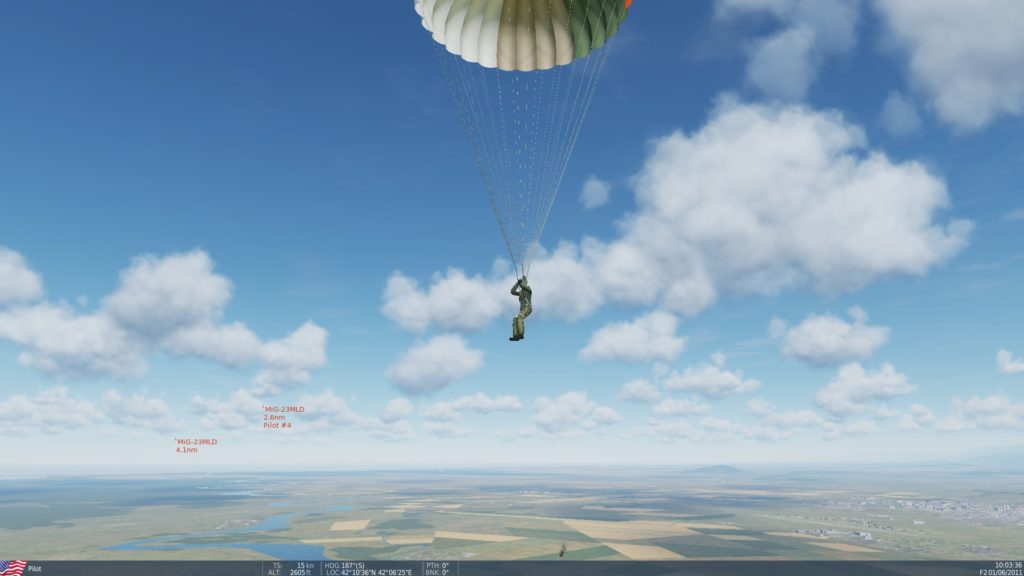
As this suggests, learning military sims requires patience. Learning how to fly the plane and operate its systems is the easy part — learning tactics is the hard part. Add to this the need to track down player-made resources, and rough edges in the software: last evening I managed to get past a campaign mission after what must have been 8 or 10 tries, only for DCS to fail to register my progress! Did I hit the wrong button? Was I supposed to do something after the “mission complete” message? Should I have landed instead of assuming my progress would be saved? Or was it a glitch in the game? Whatever it was, I was extremely frustrated: I ended up using a text editor to manually update my pilot profile and unlock the next mission.
The other main military flight sim on the market is IL-2. I haven’t played much of this as I find WW2 aircraft much harder to fly than modern ones. In an F-15 or F/A-18, the onboard systems will do their best to prevent me from crashing the plane, whereas I find it all too easy to enter a fatal spin (… or fail to take off due to engine torque wrenching the plane off the runway…) in IL-2’s P-51s and Tempests (and, for that matter, War Thunder’s P-40s in Simulator mode).
Even with these challenges, I’ve greatly enjoyed my flight sim journey. It’s been a pleasure to see my skill gradually improve, across different aircraft, games, and settings. It’s helped me “reach out and touch history” by allowing me to better understand and relate to aviation memoirs. And flying is one of the great marvels of our world: I will never tire of seeing the sun rise over a horizon, or of watching sunlight turn the sea to shining silver. I’m glad I can do it from my desk.
Getting into flight sims: a FAQ
What should I get if I want to fly WW2 planes?
You probably want the IL-2 series:
- Cliffs of Dover: Blitz Edition is a fan-overhauled version of an early 2010s game — as the title suggests, it focuses on the Battle of Britain. A more recent DLC takes place in North Africa.
- The Great Battles entries are the latest in the series. On Steam, look for IL-2: Battle of Stalingrad, the base game; other modules (including Battle of Bodenplatte, which shifts to the late-war Western Front) are available as DLC.
What should I get if I want to fly modern planes?
DCS World or Falcon BMS.
What should I get if I want a dynamic campaign?
Falcon BMS. DCS has none, although one is currently under development.
I’m not sure if I’ll enjoy flight sims. How can I test the waters without spending too much money?
Microsoft Flight Simulator is probably the best starting choice. For military sims, there are several options:
- War Thunder, especially its Simulator Battles mode.
- IL-2 becomes very cheap on Steam sales.
- Falcon BMS — the original Falcon 4.0 is very cheap on GOG and Steam — although I find it harder to learn than DCS.
- While DCS comes with two free aircraft (the Su-25T and the TF-51), I don’t think the free Su-25 is a very good introduction to the game. I think a better bet would be waiting for a free trial event, or buying one or all of the Flaming Cliffs 3 aircraft — a much more affordable selection of aircraft (such as the F-15) that are controlled using keyboard/HOTAS shortcuts instead of clicking switches in the cockpit.
I don’t have a HOTAS. What can I play using a keyboard, mouse, or gamepad?
Microsoft Flight Simulator has an excellent default gamepad control scheme.
War Thunder’s Arcade Battles and Realistic Battles (not Simulator Battles) use mouse controls.
My experience with the “realistic” military sims — Il-2 and DCS — is that they need a HOTAS. Gamepads are possible but I found I needed the finer controls provided by the stick and throttle. In the case of DCS, the hat switches also it much easier to control important functions such as radar.
Which HOTAS should I consider?
I’ve seen plenty of recommendations for VKB sticks, but they may not be available where you live. They were not available for me.
Other than that, the “big name” brands offer several mid-priced products:
- Thrustmaster T16000
- Logitech X series (X52, X52 Pro, and X56) – I went for the X52.
What resources would you recommend to learn the F-15 in DCS World?
As the F-15 does not come with an in-game tutorial. I learned using these:
- Quick-start guide, complete with a basic training mission.
- This more detailed guide. If the images don’t work for you, try this link instead.
- A good set of training missions — detailed and comprehensive.
For other aircraft, refer to the very detailed Chuck’s Guides.
What resources would you recommend to learn IL-2?
Oddly enough, IL-2 lacks in-game tutorial missions. Fortunately, a fan-made set of training missions is available here. Chuck’s Guides (above) also include a few for IL-2.
Discover more from Matchsticks for my Eyes
Subscribe to get the latest posts sent to your email.
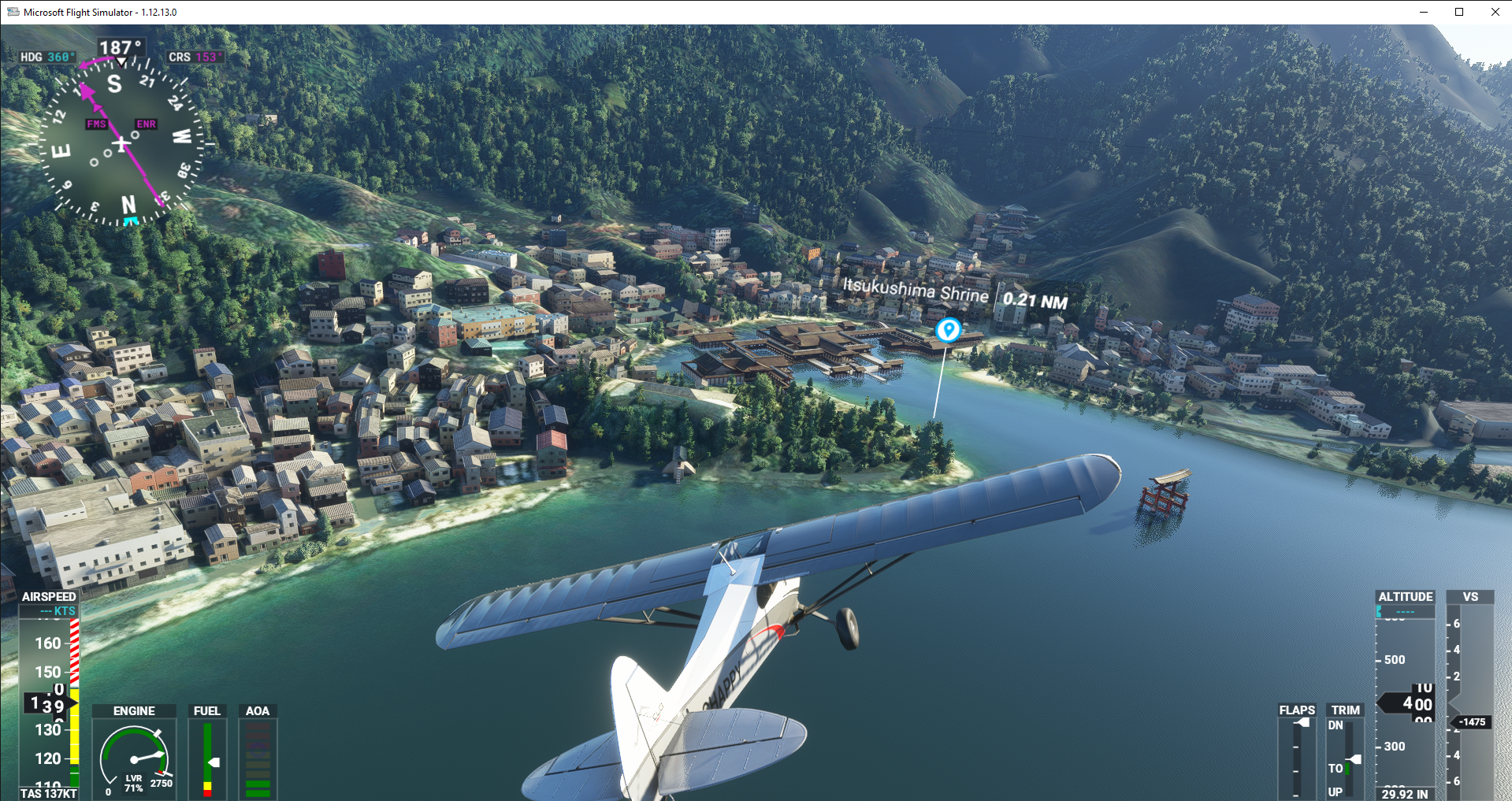
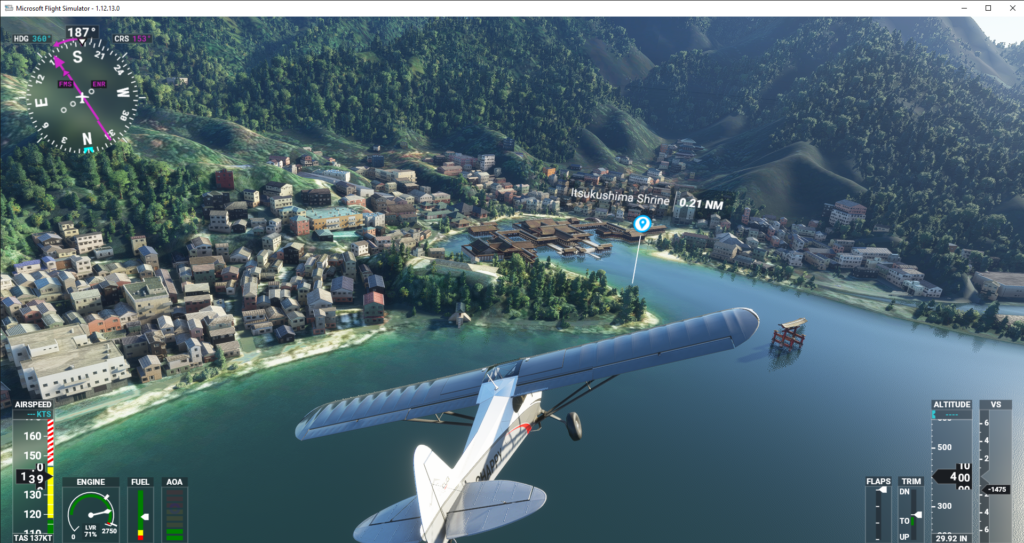
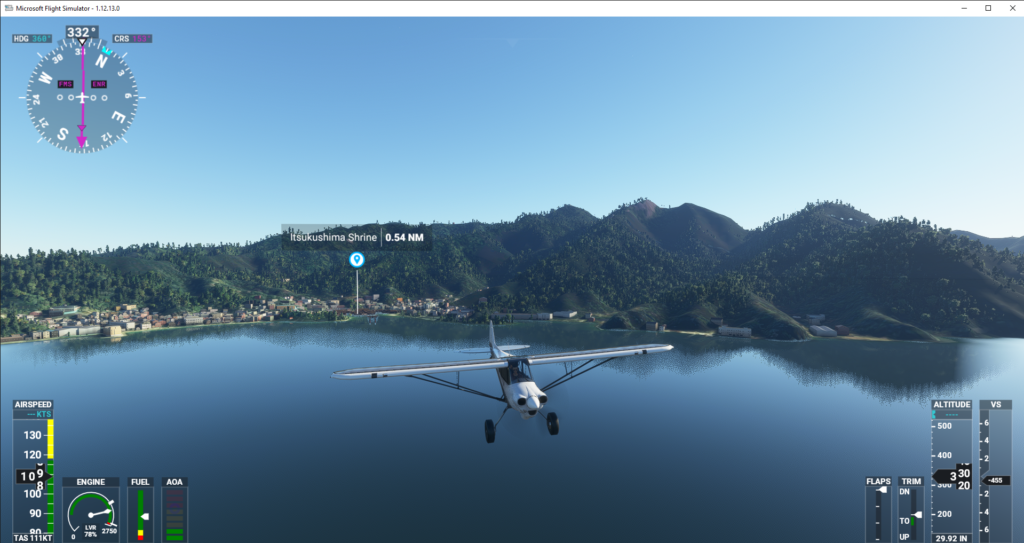
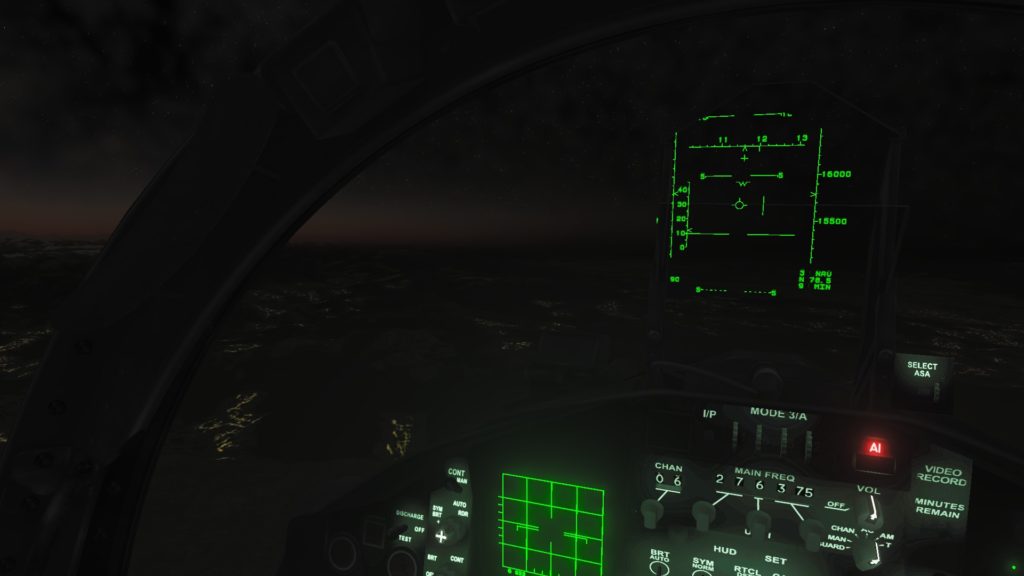
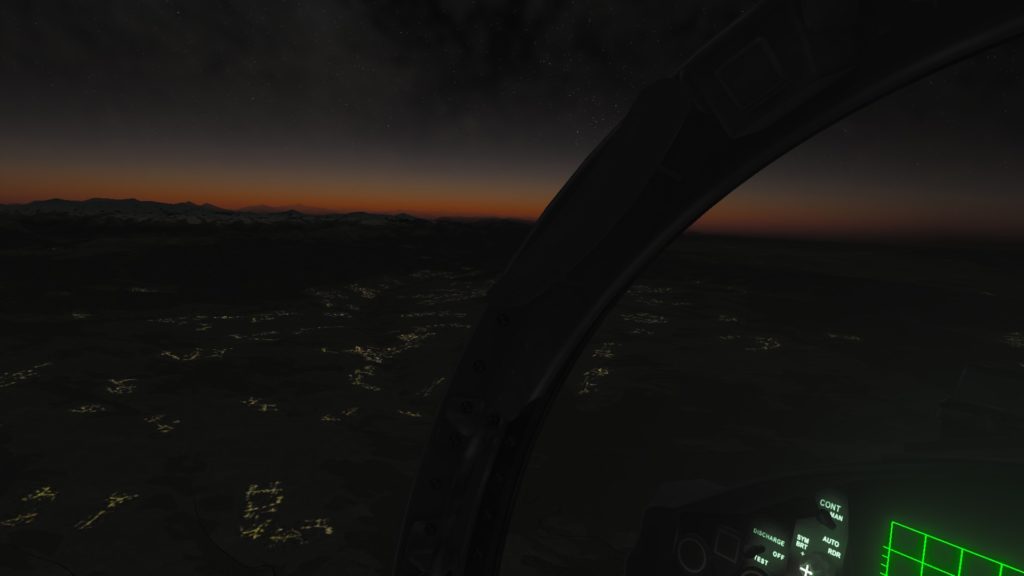
3 thoughts on “My journey into flight sims”